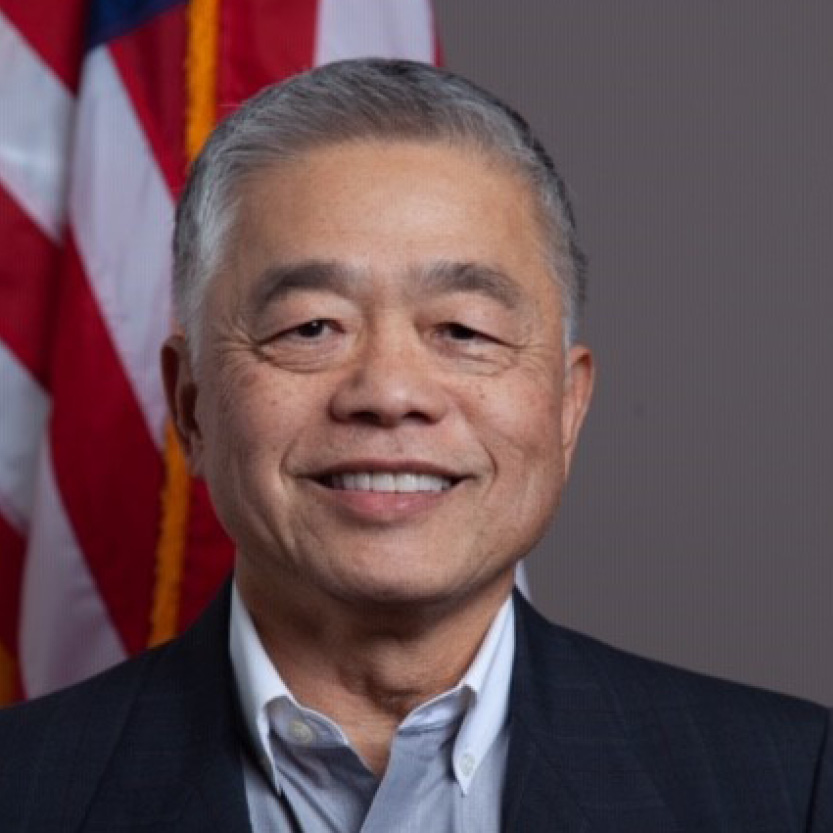SSGA continues to study phytosanitary inspection issues
By Shane Frederick, SSGA Communications Manager
The Specialty Soya and Grains Alliance has been working for the several months on how to improve U.S.-based grain and oilseeds inspections, a continuing problem for rural processors and exporters of identity-preserved (IP) field crops.
The high costs and logistical issues associated with getting a phytosanitary certificate are seen as punitive, especially considering the inspections add no extra benefits to the shipment.
IP soya already exports above federal grain standards. Prior to any inspection, crops are already thoroughly segregated, sorted and cleaned. They’re shipped in closed, sealed containers – not to be opened until they reach buyers’ factories where they are made into tofu, soymilk and other food products.
“These are the cleanest crops in the world,” SSGA Executive Director Eric Wenberg said, stressing that there are SSGA members who, in 20 years of loading crops for export overseas, have never had a phytosanitary finding. “Where’s the risk we’re mitigating? It seems as if we’re asking the least of us to pay the highest price.”
The everyday logistical issues IP exporters deal with – difficulties in finding containers, as well as blank or canceled sailings – make it difficult to schedule inspections for pests, disease and other areas of concern for countries importing field crops.
“We need a more flexible, easier system,” Wenberg said. “It’s not just a cost issue.”
Earlier this year, SSGA led the charge to get Japan to delay implementing a new phytosanitary requirement, working with the U.S. Department of Agriculture’s Animal Plant Health Inspection Service. SSGA continues to work with federal and state officials and regulators on this issue.
“We’ve got some breathing room with this issue,” Wenberg said.
Last week, it sent a letter to USDA Deputy Administrator Osama El-Lissy requesting that APHIS review and update its solutions to rural phytosanitary inspections of containerized grains and oilseeds and grant regulatory relief to IP exporters.
Also last week, SSGA put on a webinar and discussion for members to better understand the issue and discuss solutions.
“Together we can speak with one voice because this affects us all,” said Todd Sinner, SB&B Foods vice president and chair of SSGA’s Food Grade Soya action team.
Potential solutions range from negotiating to exempt IP crops from phytosanitary certification to self-sampling and inspection to changing perceptions by educating countries who import IP crops how safe the U.S. system is, among others.
“We need a better system,” Wenberg said. “This is our opportunity to talk about the quality we can provide.”
Watch the latest SSGA IP-ODCAST in which Wenberg and SSGA Communications Manager Shane Frederick discuss the issue here.







